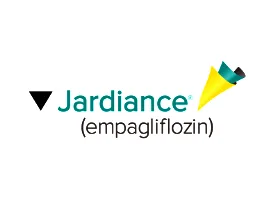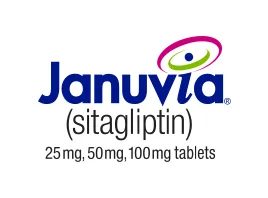- Your cart is empty
- Continue Shopping
Product
Jardiance (Empagliflozin) Lowest Price – Canadian Pharmacy
$0.00
Jardiance( Empagliflozin ) Canada Pharmacy 1-833-356-6337
TO VIEW PRICE ON MOBILE CLICK ADD TO CART
- Canadian Pharmacy Online Pharmacy | Online Canadian Pharmacy
- Need More Information Call Us 1-833-356-6337
Jardiance( Empagliflozin ) Lowest Price – Canadian Pharmacy
What is Jardiance (Empagliflozin)?
Jardiance is an oral diabetes medicine that can help you regulate your blood sugar levels better. Its chemical, or generic version is Empagliflozin, and it belongs to the larger gliflozin family of antidiabetic medications. Along with the other members of the gliflozin family, it works by helping your kidneys get rid of excess glucose from your bloodstream.
What is it used for?
Jardiance is used along with a healthy diet and regular exercise to help improve and regulate blood sugar level control in adults with type 2 diabetes mellitus.
How does Empagliflozin work?
Empagliflozin (Jardiance), like other members of the gliflozin family of antidiabetic drugs, works to lower blood sugar levels by increasing the amount of sugar that is eliminated from the body through your urine. These drugs are designed to block your kidney’s ability to re-absorb sugar from your blood. When this re-absorption is prevented in your kidneys, your blood sugar levels will drop as glucose begins to be eliminated through your urine. Also, it increases your overall rate of urination, so even more blood sugar is eliminated from your body, causing your blood sugar levels to stabilize.
How to take this medication
Always remember to follow the directions given to you by your doctor. Jardiance is recommended to be taken once a day, at any time of the day, by mouth, and with or without food. Swallow the tablets whole, and do not cut or divide the tablets up.
Jardiance Dosage
The usual, recommended adult starting dose of Jardiance is one 10 mg tablet a day. Your doctor may increase your dose to one 25 mg tablet per day if you need to further control your blood sugar level.
Missed Doses
Never take a double dose. If it is 12 hours or more until it is time for your next dose, take it as soon as you remember. Then take your next dose at the normal time. If it is fewer than 12 hours until your next dose, skip the missed dose, and then take your next dose at the normal time.
Warnings and Precautions
Do not take the drug if you:
- are allergic to empagliflozin, or any of the other ingredients
- have type 1 diabetes (a diabetic condition in which your body does not produce any insulin)
- have diabetic ketoacidosis (DKA, a complication of diabetes) or a history of DKA
- have a severe kidney condition or you are on dialysis
- have severe liver disease
- are pregnant or are planning on becoming pregnant. Talk with your doctor about the best options to control your blood sugar levels while you are pregnant.
- are currently breastfeeding or are planning to breastfeed, as it is not known if it can pass into your breast milk.
Jardiance is not recommended for use in patients under 18 years of age. It will cause your urine to test positive for sugar (glucose). It may cause changes in your cholesterol or fat levels in your blood.
It may also cause abnormal kidney function. Your doctor will do blood tests to monitor how well you are tolerating the drug and how well your kidneys are working. Jardiance also increases the chance of getting a yeast infection of the penis or vagina. This is more likely in people who have had yeast infections in the past. It may also cause lightheadedness or dizziness. Do not drive or operate machines until you are confident you know how the medicine affects you personally.
Side effects
In addition to its therapeutic effects, some unwanted effects may be caused by Jardiance. In the event that any of these side effects occur to you, they may require medical attention. Make sure to let your doctor know if these, or any other side effects persist.
Common negative effects may include:
- urinary tract infection
- yeast infection of the penis or vagina
- dehydration
- unusual thirstiness
- passing more urine than normal, or needing to pass more often
- itching
- rash
- straining or pain when emptying the bladder
Uncommon negative effects may include:
- cervicitis (an inflammation of the cervix, particularly the lower, narrow end of your uterus that opens into the vagina)
- genital candidiasis (genital itching, burning, and sometimes accompanied with discharge)
- vaginal infection
- vulvitis (inflammation of the vulva, that can include the labia majora, labia minora, clitoris, and introitus)
- anxiety
- blurred vision
- fast heartbeat
- cold sweats
- chills
- confusion
- increased hunger
- dizziness, feeling faint, or lightheadedness
- decreased urination
- rapid breathing
- headache
- slurred speech
- nausea
- nightmares
- unusual tiredness or weakness
- seizures
- shakiness
- sweating
Can't Login into Your Account?
Call Us: 1-833-356-6337

We Accept Credit Cards, International Money Orders, Cash, Certified Checks and Bank Transfer
Canada Canadian Pharmacy dispenses all medications from licensed and regulated independent pharmacy partners internationally, including but not limited to Australia, Canada, New Zealand, India, Mauritius, Turkey, United States, Singapore and the United Kingdom. All Images on this site are registered trademarks of original manufacturers, international exporters, and property of their respective owners and are for reference only. Canada Pharmacy Online procures all products from licensed regulated international in order to provide you unbeatable lowest prices and prescription discounts for all your prescription medications, medications and Canadian Drugs at Canada Pharmacy Online.
CUSTOMER INFORMATION
TOP SELLERS
2005-2023 Rxdrugscanada.com






